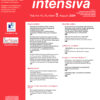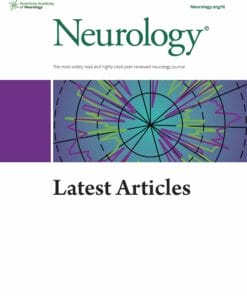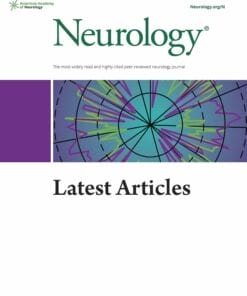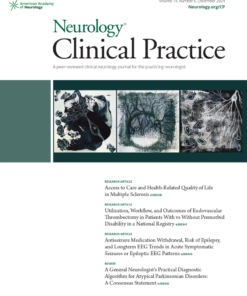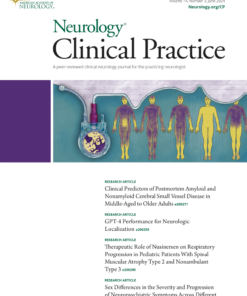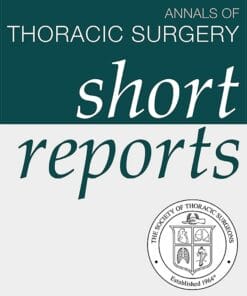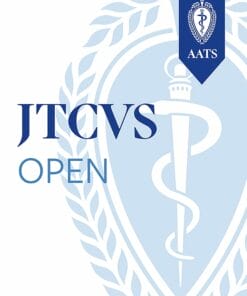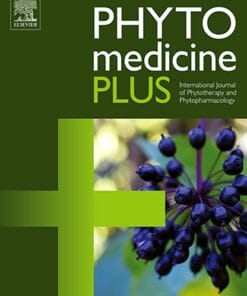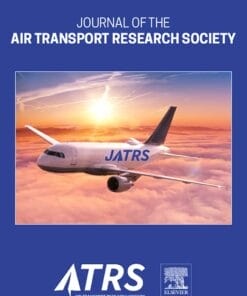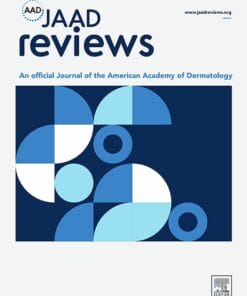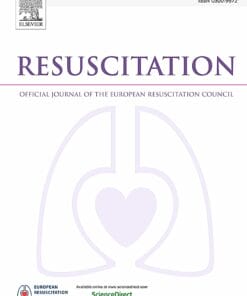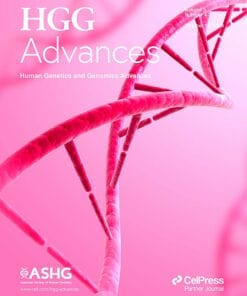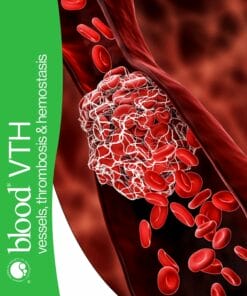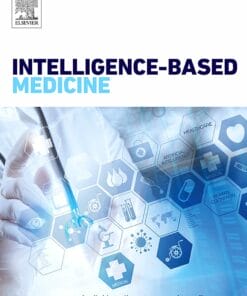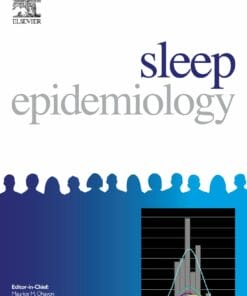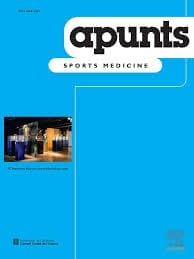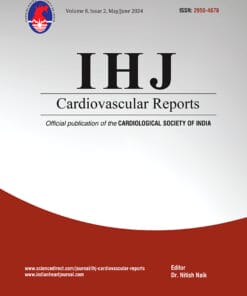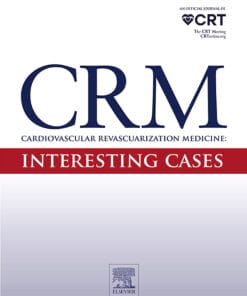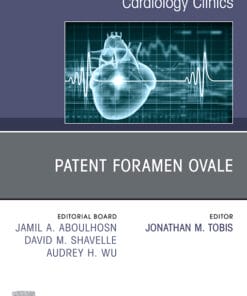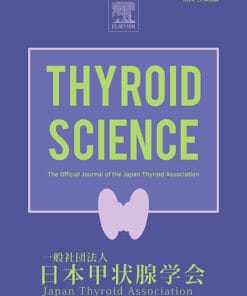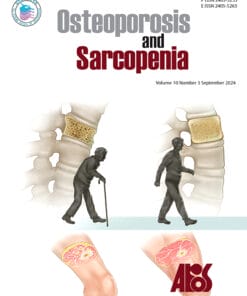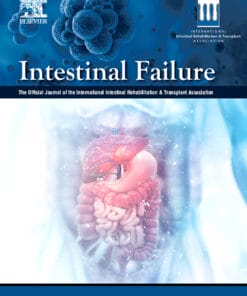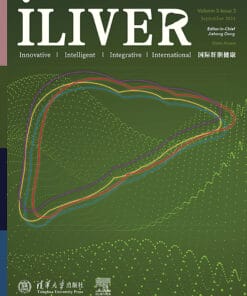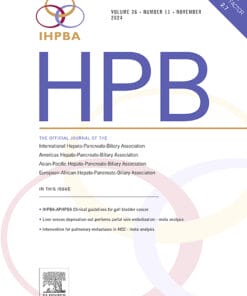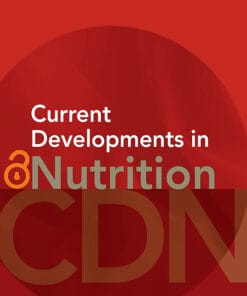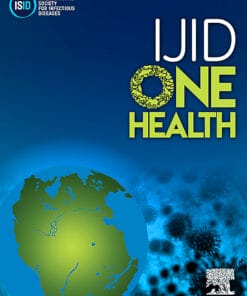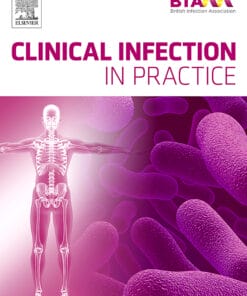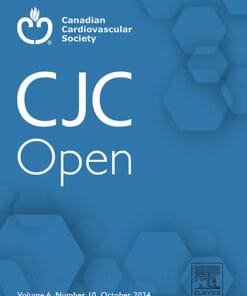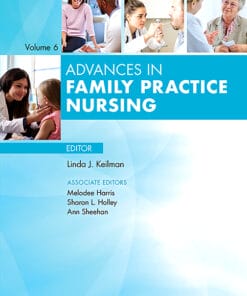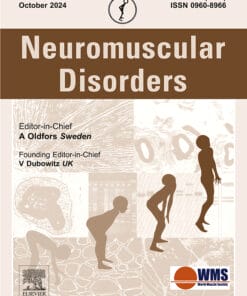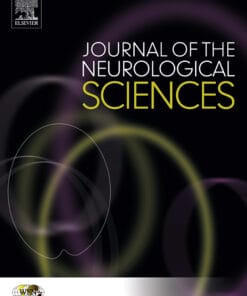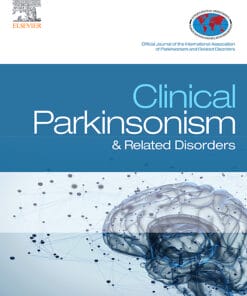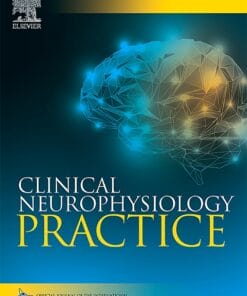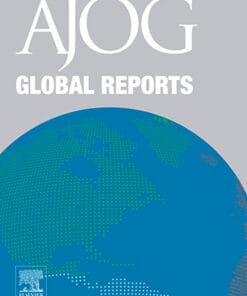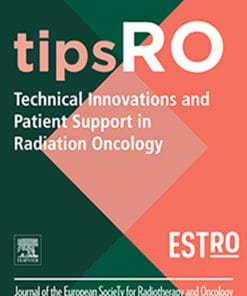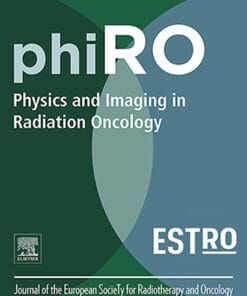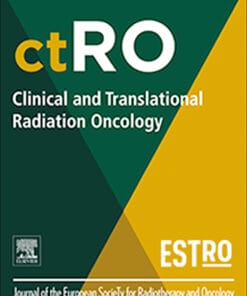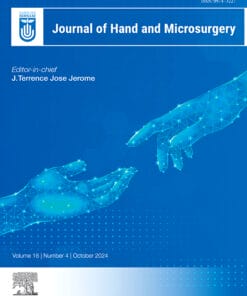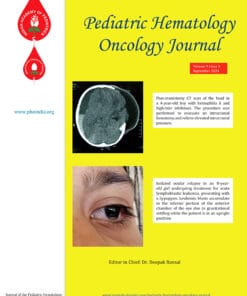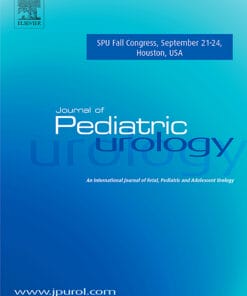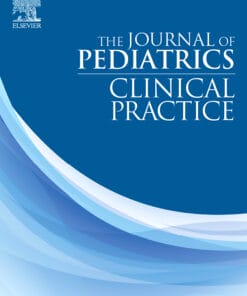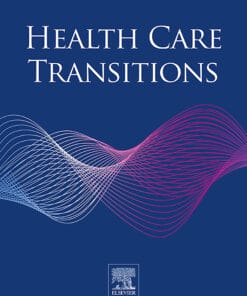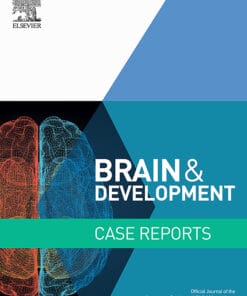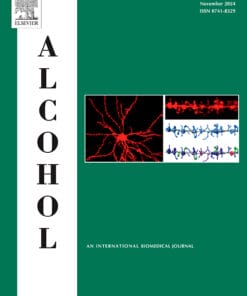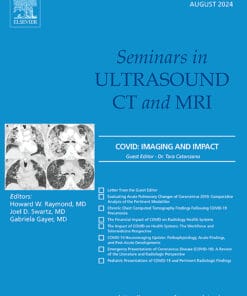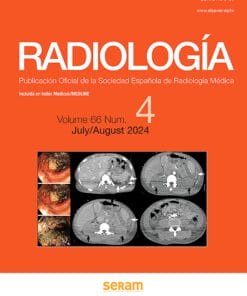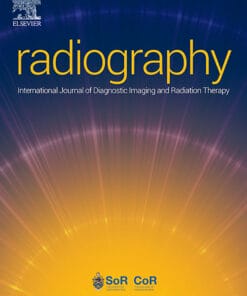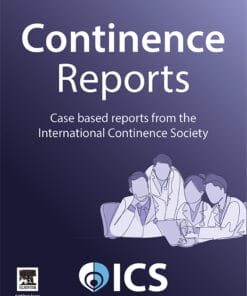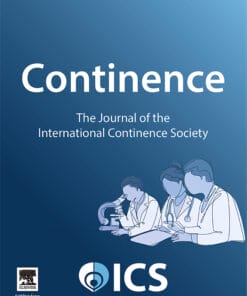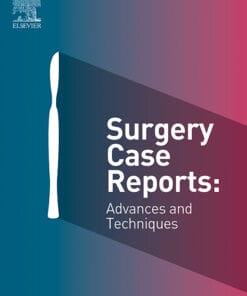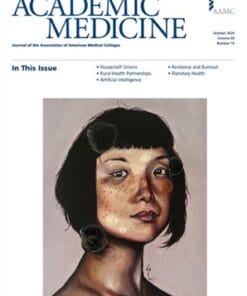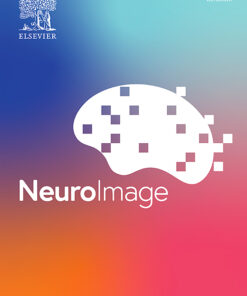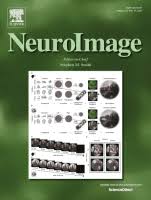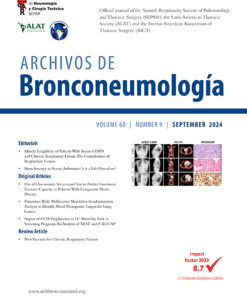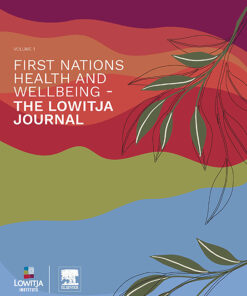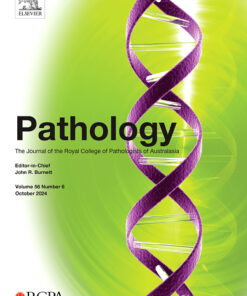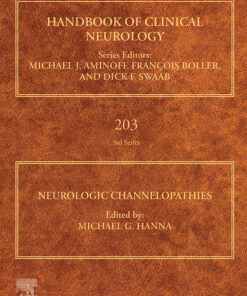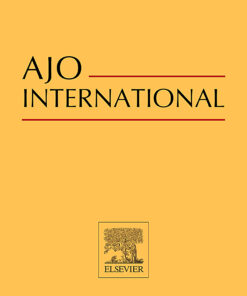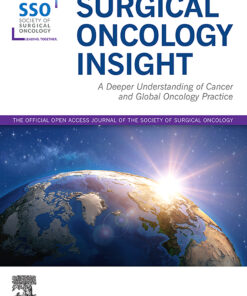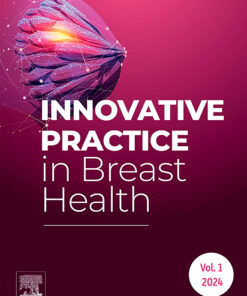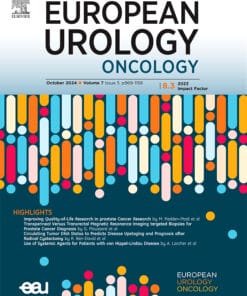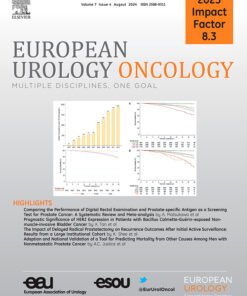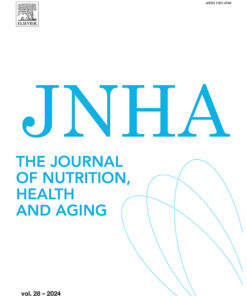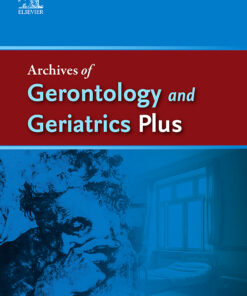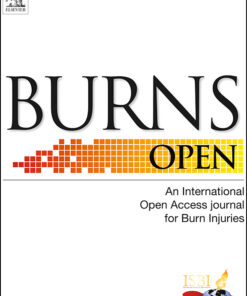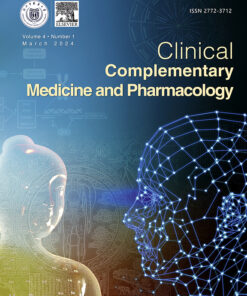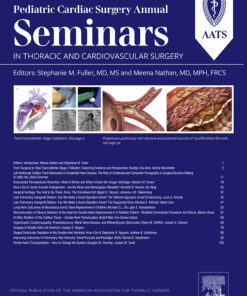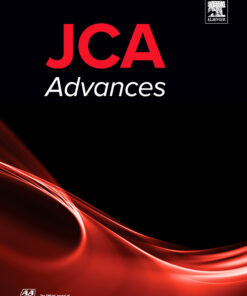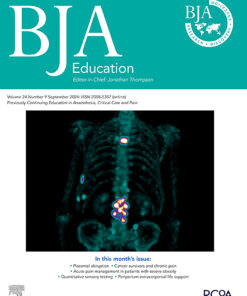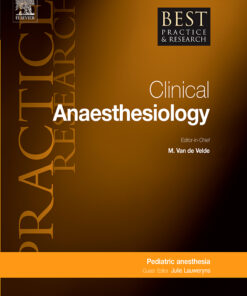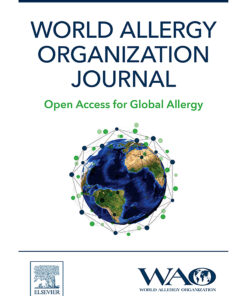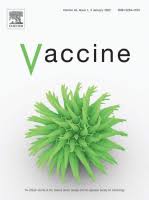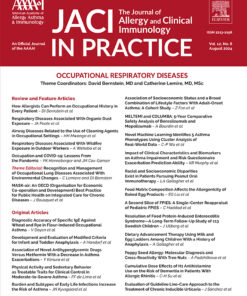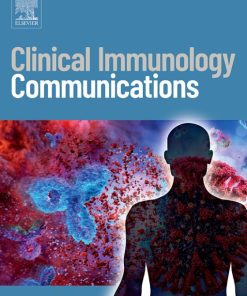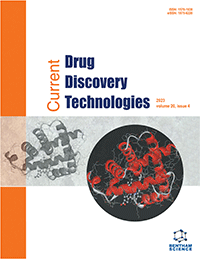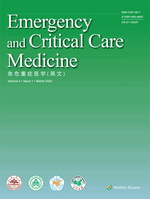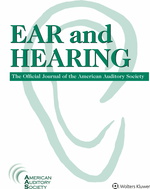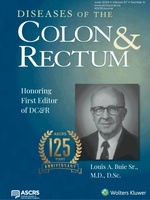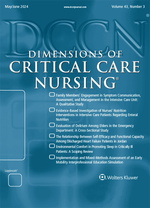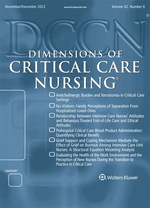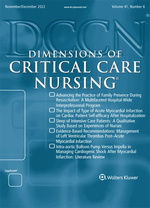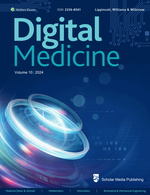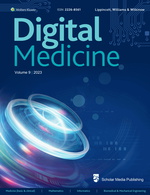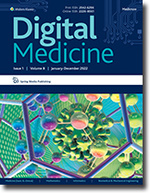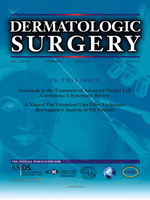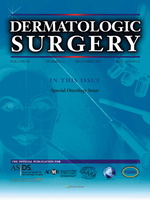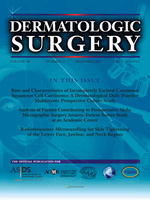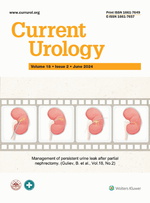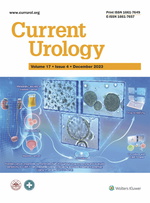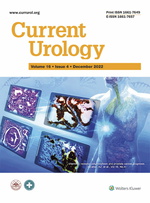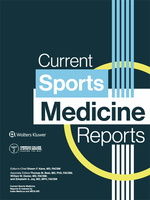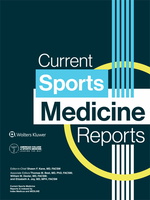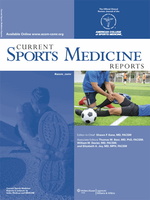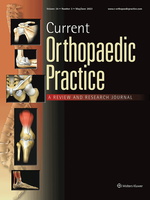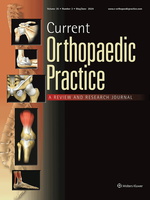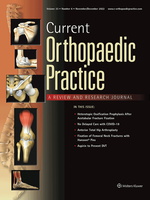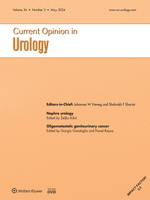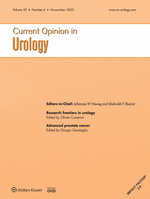“Intelligent Medicine” is an open-access, peer-reviewed journal sponsored and owned by the Chinese Medical Association. It focuses on the intersection of medical and industrial practices with internet technology, artificial intelligence (AI), data science, medical information, and intelligent devices. Here are the key aspects of the journal:
- Scope: The journal covers a wide range of topics related to the convergence of technology, AI, data science, and medicine, with a focus on clinical medicine, biomedicine, and public health.
- Article Types:
- Research Article: These are original, innovative, and significant research articles. They can include both medical and algorithmic research. Clinical assessment of usefulness and reliability is encouraged for medical research articles. These articles typically have a word limit of about 6,000 words and include a structured abstract (Background, Methods, Results, and Conclusion).
- Editorial: Written by the Editor-in-Chief, Associate Editors, editorial board members, or invited experts. Editorials cover a broad range of topics from science to policy.
- Review: Extensive reviews of recent progress in specific areas of science. They may include historical reviews, recent advances, and future development perspectives. These reviews are about 5,000 to 6,000 words with a descriptive abstract.
- Perspective & Comments: Personal opinions, hypotheses, or discussions of controversial issues. These articles are typically 1500 to 2000 words in length with a 250-word abstract.
- Research Highlight: Succinct summaries and comments on recent research achievements, with a focus on contributions by Chinese scientists.
- Guideline & Standard: Official recommendations from professional organizations on clinical practice, healthcare delivery, and data management in intelligent medicine. Guidelines that adhere to specific standards are preferred.
- Ethical, Legal, and Social Implications: Exploration of ethical issues related to intelligent medicine.
- Case Report: Limited to 1000 words, case reports may include patient information and must declare patient consent. They typically have no abstract but include 5 or fewer references and a maximum of 1 table or figure.
- Historical Moment: Descriptions of specific aspects, life, and stories in the history of scientific contributions and applications.
- Letter: Letters to editors, preferably related to previously published articles. These letters are limited to 500 words, may contain patient information, and include 5 or fewer references and a maximum of 1 table or figure.
- Ownership and Sponsorship: The journal is owned and sponsored by the Chinese Medical Association.
“Intelligent Medicine” serves as a platform for the dissemination of research and knowledge at the intersection of healthcare and technology. It encourages contributions from various disciplines and aims to keep readers informed about the latest developments and applications in intelligent medicine.
Volume 2, Issue 1: Pages 1-60 (February 2022)
Volume 2, Issue 2: Pages 61-116 (May 2022)
Volume 2, Issue 3: Pages 117-180 (August 2022)
Volume 2, Issue 4: Pages 181-240 (November 2022)
Volume 3, Issue 1: Pages 1-84 (February 2023)
Volume 3, Issue 2: Pages 85-156 (May 2023)
Volume 3, Issue 3: Pages 157-234 (August 2023)
Volume 3, Issue 4: Pages 235-298 (November 2023)
Volume 4, Issue 1: Pages 1-64 (February 2024)
Volume 4, Issue 2: Pages 65-140 (May 2024)
Volume 4, Issue 3: Pages 141-214 (August 2024)
| Volume | Volume 2, Issue 1: Pages 1-60 (February 2022), Volume 2, Issue 2: Pages 61-116 (May 2022), Volume 2, Issue 3: Pages 117-180 (August 2022), Volume 2, Issue 4: Pages 181-240 (November 2022), Volume 3, Issue 1: Pages 1-84 (February 2023), Volume 3, Issue 2: Pages 85-156 (May 2023), Volume 3, Issue 3: Pages 157-234 (August 2023), Volume 3, Issue 4: Pages 235-298 (November 2023), Volume 4, Issue 1: Pages 1-64 (February 2024), Volume 4, Issue 2: Pages 65-140 (May 2024), Volume 4, Issue 3: Pages 141-214 (August 2024) |
|---|
Related Products
Journals/Articles
Journals/Articles
Journals/Articles
Journals/Articles
Journals/Articles
Journals/Articles
Journals/Articles
Journals/Articles
Journals/Articles
Journals/Articles
Journals/Articles
Journals/Articles
Journals/Articles
Journals/Articles
Journals/Articles
Cardiovascular Revascularization Medicine: Interesting Cases PDF
Journals/Articles
Journals/Articles
Journals/Articles
Journals/Articles
Journals/Articles
Journals/Articles
Journals/Articles
Journals/Articles
Journals/Articles
Journals/Articles
Journals/Articles
Journals/Articles
Journals/Articles
Journals/Articles
Journals/Articles
Journals/Articles
Journals/Articles
Journals/Articles
Journals/Articles
Journals/Articles
Technical Innovations & Patient Support in Radiation Oncology PDF
Journals/Articles
Journals/Articles
Journals/Articles
Journals/Articles
Journals/Articles
Journals/Articles
Journals/Articles
Journals/Articles
Journals/Articles
Journals/Articles
The American Journal of Geriatric Psychiatry: Open Science, Education, and Practice PDF
Journals/Articles
Journals/Articles
Journals/Articles
Journals/Articles
Journals/Articles
Journals/Articles
Journals/Articles
Journals/Articles
Journals/Articles
Journals/Articles
Journals/Articles
First Nations Health and Wellbeing – The Lowitja Journal PDF
Journals/Articles
Journals/Articles
Journals/Articles
Journals/Articles
Journals/Articles
Journals/Articles
Journals/Articles
Journals/Articles
Journals/Articles
Journals/Articles
Journals/Articles
Seminars in Thoracic and Cardiovascular Surgery: Pediatric Cardiac Surgery Annual PDF
Journals/Articles
Journals/Articles
Journals/Articles
Journals/Articles
Journals/Articles
The Journal of Allergy and Clinical Immunology: In Practice PDF
Journals/Articles
Journals/Articles
Journals/Articles
Journals/Articles
Journals/Articles
Journals/Articles
Journals/Articles
Dimensions of Critical Care Nursing: Volume 43 (1 – 3) 2024 PDF
Journals/Articles
Dimensions of Critical Care Nursing: Volume 42 (1 – 6) 2023 PDF
Journals/Articles
Dimensions of Critical Care Nursing: Volume 41 (1 – 6) 2022 PDF
Journals/Articles
Journals/Articles
Journals/Articles
Journals/Articles
Journals/Articles
Journals/Articles
Journals/Articles
Journals/Articles
Journals/Articles
Journals/Articles
Current Sports Medicine Reports: Volume 22 (1 – 12) 2023 PDF
Journals/Articles
Journals/Articles
Current Sports Medicine Reports: Volume 21 (1 – 12) 2022 PDF
Journals/Articles
Journals/Articles
Journals/Articles
Journals/Articles
Journals/Articles


